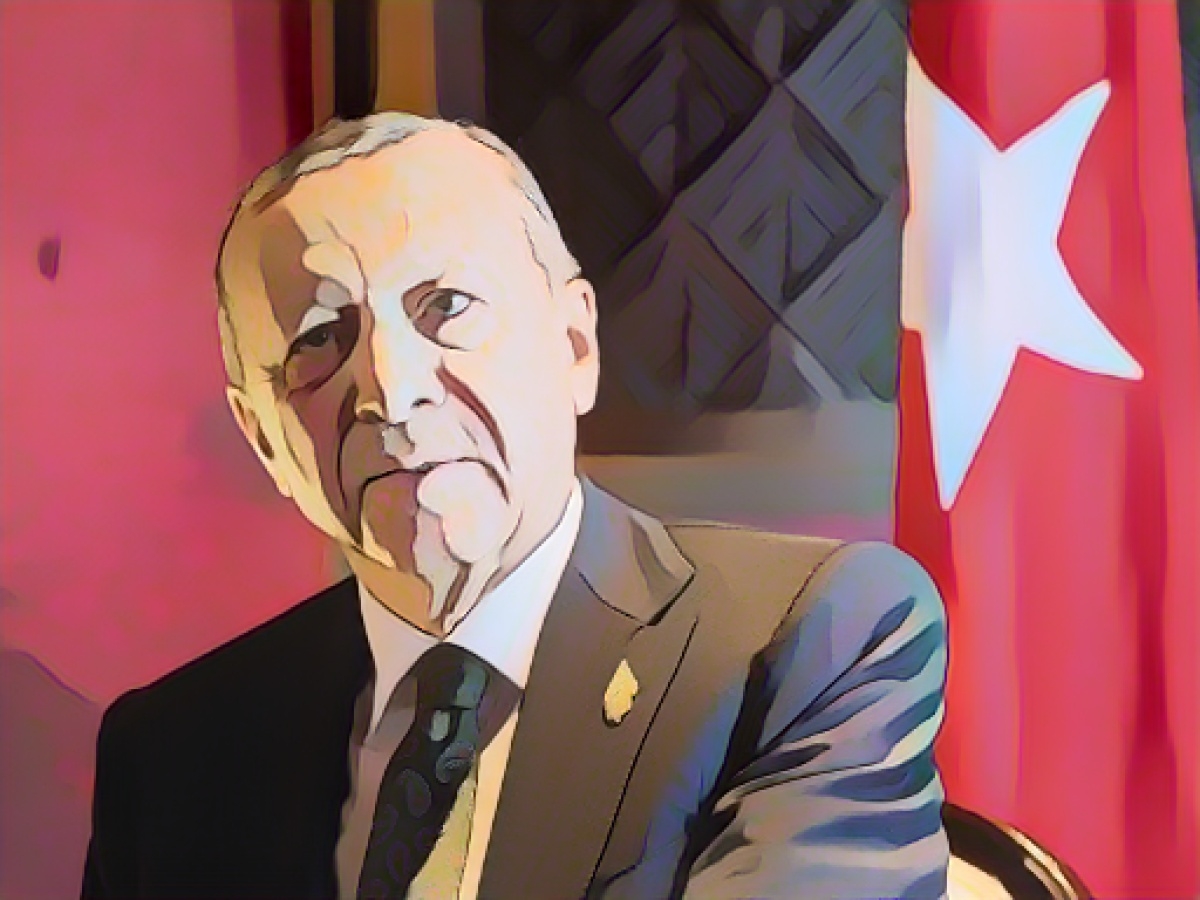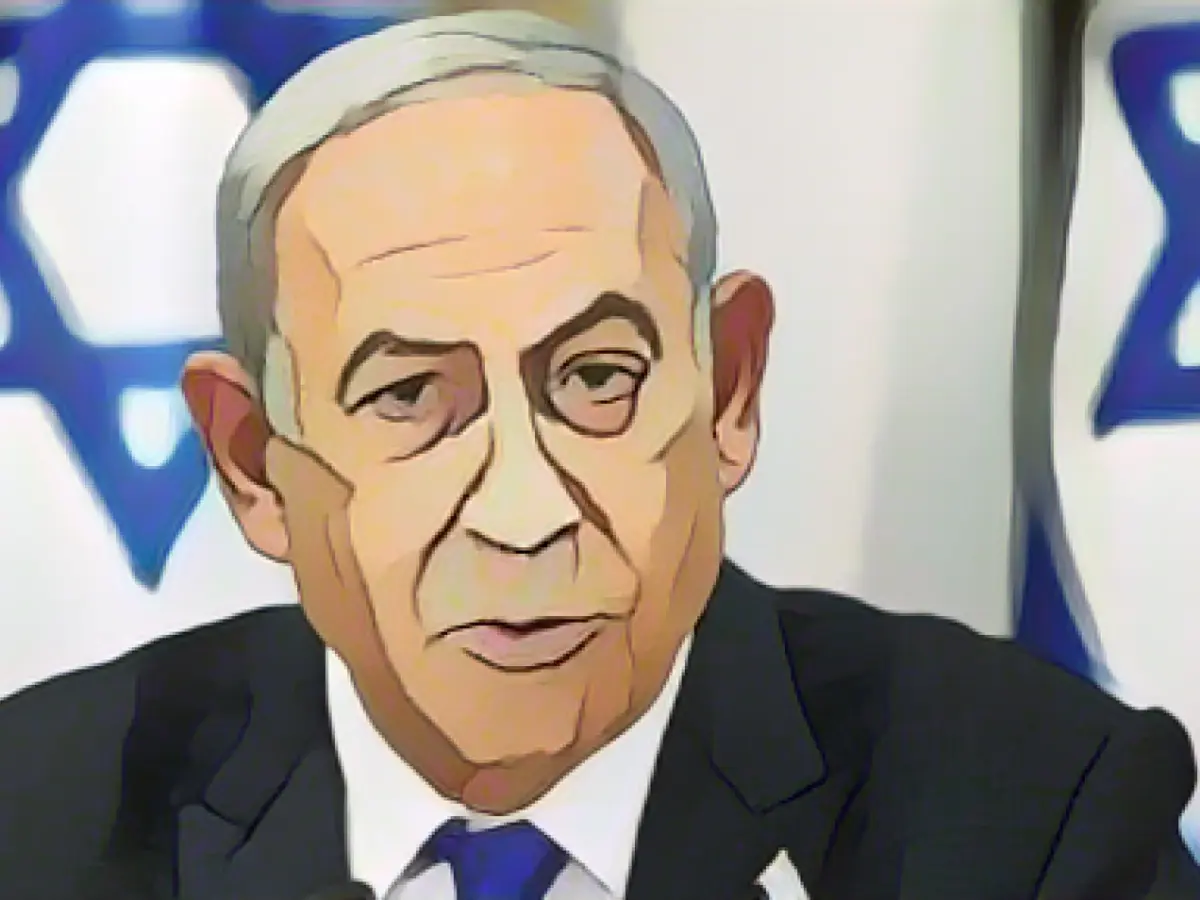Turkey's President Recep Tayyip Erdogan's stance towards Hamas and Israel has significantly shaken up Turkey-Israel relations. These days, Erdogan and his communications office don't shy away from verbally attacking Israel, labeling them as 'barbaric,' 'war criminals,' and accusing them of ethnic cleansing.
After the Israel attack that left over 1,400 dead, Erdogan labeled Hamas as 'not a terrorist organization', but a 'liberation organization.' Turkish officials view Israel as the enemy in the Middle Eastern war, sympathizing with the approximately 9,500 Palestinian victims in Gaza Strip.
Recent Controversies
Rapprochement between the nations seemed to be a possibility, as Israel's Prime Minister Benjamin Netanyahu was scheduled to visit Turkey at the beginning of November. However, following the Gaza war, Erdogan has cut off all contact with Netanyahu. He claimed, "Netanyahu is no longer an interlocutor for us. We have deleted him, we have crossed him out."
Despite this, Ankara doesn't intend to break off diplomatic relations with Israel. Erdogan has labelled Israel as a 'terrorist state' due to its Palestinian policy in the past, and advocated for Palestinians. The critical words from the head of state of a NATO member mark a turning point, after years of laborious rapprochement between Israel and Turkey.
The Split
Erdogan's recent declaration that Hamas is not a terrorist organization, but a liberation organization, led to Israel withdrawing its diplomats. The rapprochement, which Turkey also hoped to benefit from economically, seems to be on hold for now.
Erdogan had envisioned himself as a sought-after mediator following his role in the Ukraine war. Turkey would have the necessary channels to Hamas, with the leader Ismail Haniya having recently visited Turkey. However, Egypt and Qatar are currently acting as mediators, leaving Turkey in the sidelines.
Erdogan's Intentions
Erdogan's sharp tones could be an expression of frustration at his exclusion from the mediation process. Erdogan needs the international stage to maintain his image as an influential and respected politician. He aims to present himself as a defender of Sunni Muslims, in the face of Middle Eastern conflicts.
Erdogan also taps into a pro-Palestinian tendency within the Turkish population with his criticism of Israel. Erdogan is wary of losing part of his base to other conservative parties that have harsher views against Israel.
The Neighbors' Opinion
Most of the Gulf States have adopted a more diplomatic tone regarding the conflict. However, it is highly unlikely that Erdogan wants to escalate the conflict further. He has repeatedly called for a ceasefire and peace negotiations.
The West seems to have largely disregarded Erdogan's statements. Erdogan is scheduled to visit Germany in mid-November.
Enrichment Insights:
- Erdogan's support for Hamas is a significant point of contention in Turkish-Israeli relations. Israel views Turkey's engagement with Hamas as an obstacle in improving relations.
- Erdogan's vocal criticism of Israeli actions in Gaza has worsened the relationship between the two nations, reflecting a deep ideological divide between Turkey and Israel.
- Geopolitical factors, such as shared interests in energy cooperation and regional dynamics, could potentially moderate Turkish-Israeli relations. However, conflicts and the intractable nature of the Palestinian issue have hindered reconciliation efforts.
- Turkey's anti-Israel rhetoric and public opinion in favor of Hamas have contributed to the deterioration of relations. Erdogan aims to maintain his political support by addressing these sentiments.
Source:








